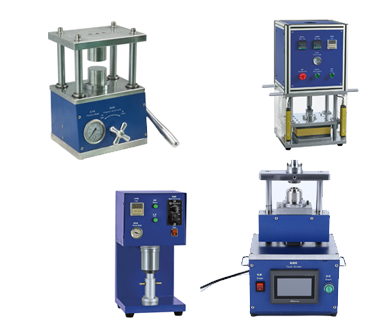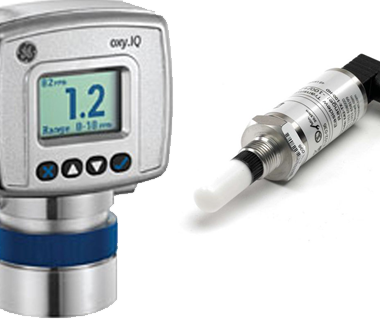Routine maintenance of glove boxes
Glove boxes are vital in laboratories. They can provide an important and safe environment for the safe conduct of experiments. As a key piece of equipment in the laboratory, it is important to know not only how to use it, but also how to maintain it on a daily basis. This article will explain the daily protection of the glove box.

1. Before and after work each time, the environment should first be cleaned, so that the ground is dry and clean. Then clean the equipment, including the inside and outside surfaces of the glove box, the observation system, and the working surface should be clean and free of debris.
2. Record the water and oxygen content of the glove box and the gas consumption of the equipment carefully every day, so as to avoid insufficient gas pressure, which may cause the equipment to stop running.
3. Pay attention to the capacity of the gas in the working gas cylinder at any time and replace it in time.
4. In case of power failure, press the “vacuum pump” button on the panel to make the vacuum pump run after power on.
5. Note: After the power is turned on, if there is a problem of not being able to start, one of the possibilities is that the power cord of the vacuum pump is loosely connected, and the second reason is that the switch of the vacuum pump itself is not turned on.
6. When putting samples into the glove box, try to use a small transition chamber, before opening the transition chamber door, you need to pay attention to the valve chamber on the pressure gauge needle is in the zero position. If yes, you can open it directly; if not, you need to turn the switch under the valve chamber to the “Fill” position, so that the gas enters the transition chamber of the glove box, and then turn the switch back to the center position, at this time, you can open the transition chamber door to put the samples in, and then close the door. When placing samples, be careful not to touch the inner wall of the transition chamber with your hands, please wear gloves to take and place samples.
7. Before removing the samples from the glove box, the switch on the transition chamber should be turned to the “vacuum” position to extract the air from the chamber, and then turned to “fill”, so that the dry and clean gas from the glove box into the transition chamber, repeat, After the second time, you can open the door of the transition chamber from the glove box and take out the sample.
8. When using the equipment, it is forbidden to wear watches, rings, and other things that may puncture the gloves, and extra care should be taken to avoid puncturing the gloves if sharp objects are used. If the nails are too long, there is also a chance of piercing the gloves.

9. Check the oil level of the vacuum pump in the glove box every week, and pay attention to adding when it is less than two-thirds. In order to ensure the operation of the vacuum pump and prolong the service life of the vacuum pump, it is recommended to replace the vacuum pump oil once every six months.
10. box and glass with commonly used cleaners to clean the outside (prohibit the use of corrosive cleaners). Use a soft, lint-free cloth. If possible use a vacuum cleaner with a brush or a sticky paper roller.
11. Check that gloves are not torn, especially on the fingertips. Wear cloth gloves when working to avoid moisture inside the gloves. In addition, please point out the five finger grips on each glove after work to prevent perspiration from sticking the grips to the gloves over time.
Note: Replace the gloves immediately when they are found to be torn, and any repair of the gloves is prohibited.
12. Check whether the transition hatch seal is broken, and replace the broken seal in time. If the transition hatch is difficult to open or close, if it is a mechanical problem, consult us and solve it. If it is a sealing strip problem, you can apply less grease or lubricant to try.
13. Accessories follow the maintenance instructions for the accessories. For example: vacuum pump. Follow the maintenance instructions of the third party.





